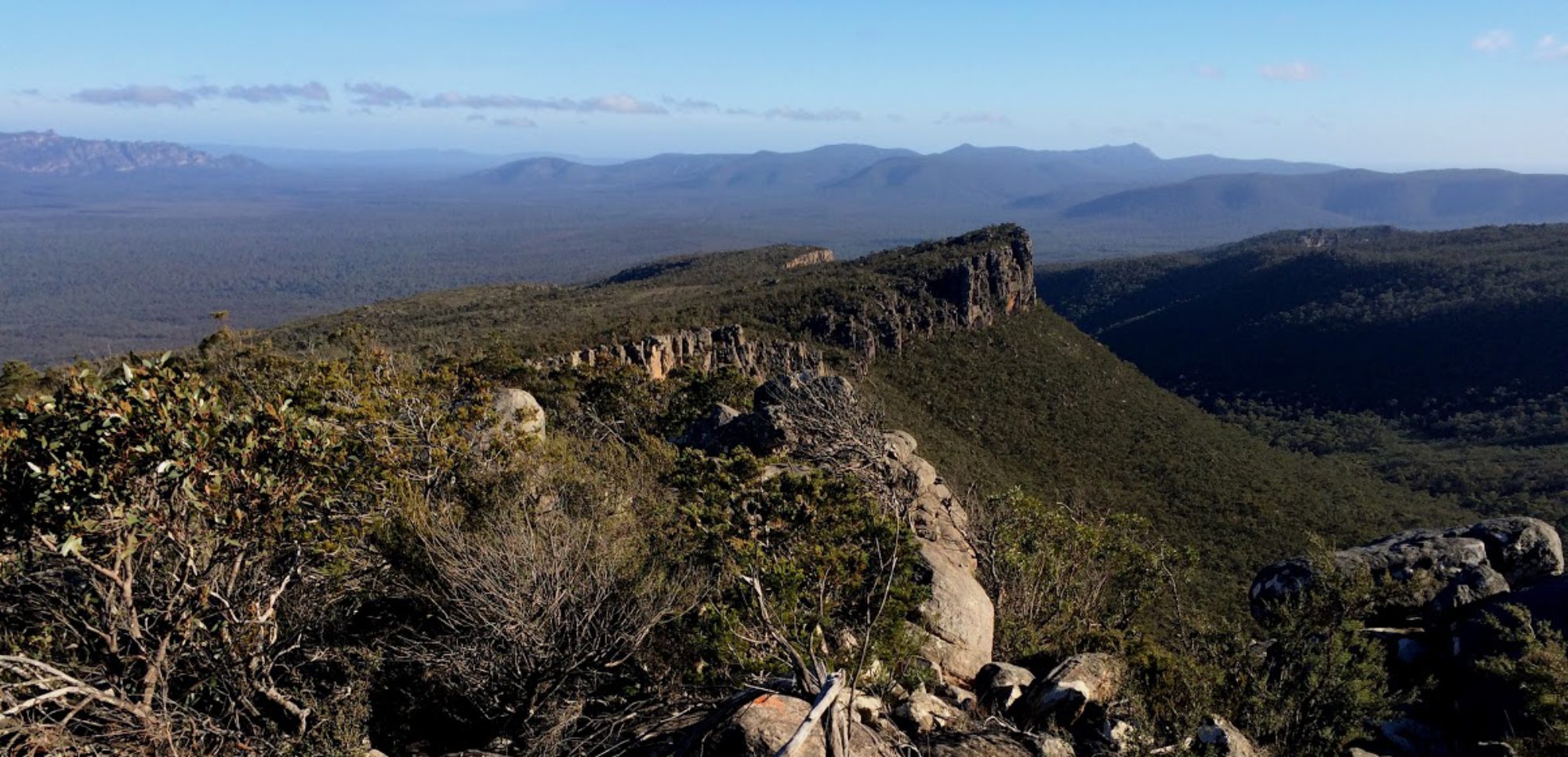Reading Time: 2 minutes
There are no hard and fast rules if a group member gets lost.
- How experienced is the missing person?
- What gear do they have with them?
- How far away are they likely to be?
- How big is the group?
- Are group members capable of searching?
- What is the time of day?
- What are the weather conditions?
Contact emergency services sooner rather than later.
Trip leader initial actions
When a group member or members become lost, the trip leader should:
- Hasten slowly, take your time.
- Gather the group together in a sheltered and prominent location.
- Get one person to call out or blow a whistle at regular intervals.
- Collect and record details of the lost person from other group members:
- Last location seen, by whom and when
- Clothing worn and equipment carried
- Any other relevant details (e.g. intentions)
- If the missing person has a mobile phone attempt to call it, and send a text message. A text message may get through if a voice call does not.
- If late in the day, make camp. Get a fire going if safe to do so. Get members to collect water if necessary.
Planning a local search
- Consider the skills, experience and gear carried by the missing person.
- Consider the capabilities of the rest of the group. Depending on their skills and experience, the time of day and the weather, only limited searching may be possible.
- Searching at night is not advisable unless very experienced people are available.
- Avoid searching in adverse weather conditions unless very experienced people are available.
These considerations should prevent any more people getting lost.
Searching for the missing person(s)
Send capable members in pairs to search along the track and to significant features such as track junctions, water points, nearby summits.
Brief all search pairs with the following:
- Deadline for return to camp.
- Gear to be carried, e.g. map, compass, GPS, spare clothes, jacket, shelter, mobile phone, torch, whistle, matches, water.
- Mark key points visited with toilet paper.
- Single whistle blast to attract attention.
- Listen for signals from missing person(s)
- 4 whistle blasts will be for recall signal back to camp.
Maintain a log of search activities (groups, times, tasks etc.)
Meanwhile at camp, maintain a good fire and ensure calls and whistles are sounded regularly.
Regardless of the group’s efforts to locate the missing group member(s), make early contact with emergency services.
Reporting a lost person
Emergency services will require the following information:
- Full name, address and age of missing person(s)
- When and where last seen, (exact GPS location if possible) and who saw them last
- Name, address and telephone number of next of kin
- Physical and medical condition (if any)
- Level of outdoor skills
- Knowledge of the area
- Clothing worn
- Equipment and food carried
- The circumstances which contributed to them getting lost.
Police will also require brief personal details of the person making the report and information about the trip. If phone reception and phone battery life is limited, remember that the Trip Contact should have all the background information. Police can also be referred to them.

